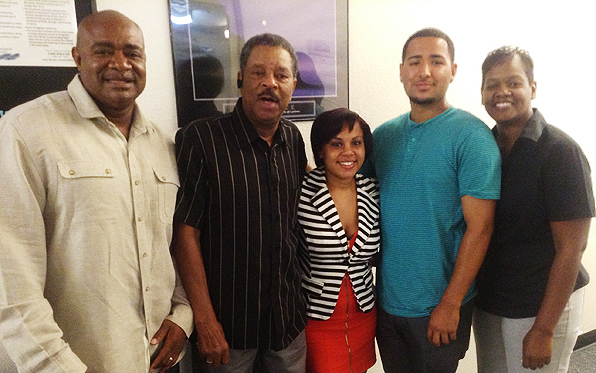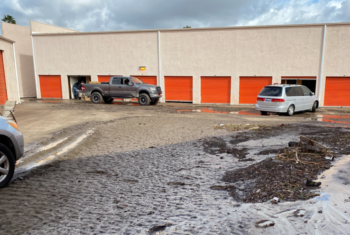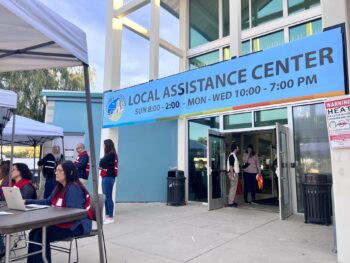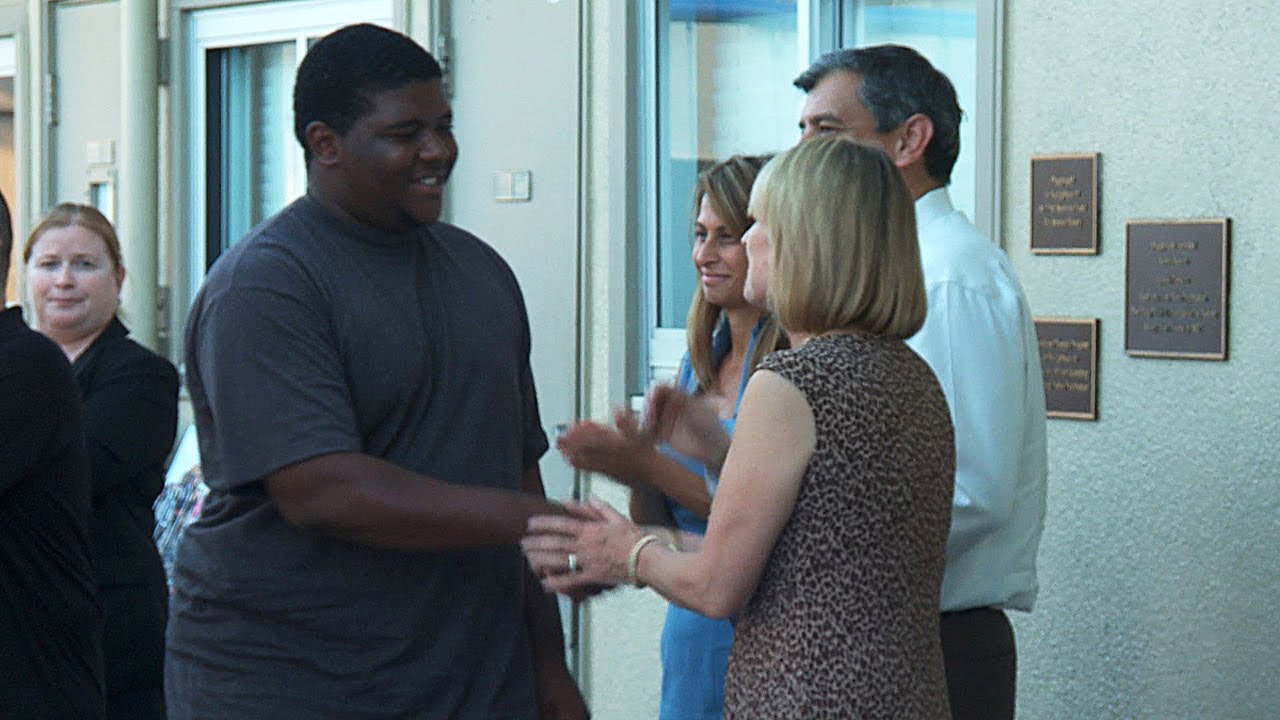Things could have gone very differently for 18-year-old Adriana Boutte. She got involved in gangs at the age of 12 and was in a lot of fights. A joyride landed her in Juvenile Hall for the first time and she went in and out of there through middle school due to her defiant behavior.
But she turned her life around with the help of several probation officers. And last week, Boutte started classes at City College with a $400 scholarship she received from the African American Probation Officers Association to help her with registration, books or anything she might need to succeed.
“I’m pretty sure I’ll never go down that road again,” says Boutte of her criminal past. “I know I’m capable of a lot and I know God has a purpose for me and I’m doing everything in my power to live up to that.”
Among the officers who took an interest in Boutte were Stephanie Howell, Correctional Deputy Probation Officer, and now-retired Supervising Probation Officer Marcus Brady. Both nurtured a relationship with the troubled girl and kept her on track throughout her supervision and beyond it.
Howell, who has worked for Probation for 19 years, treats all the young kids who come through the court-ordered Youth Day Center school the same. She reaches out to them and tries to form connections and encourage them, but there have been a few like Boutte who hold on after they have completed their probation.
“I feel like she is a daughter to me,” Howell now says of Boutte, but she was not an easy person to reach at first.
“I didn’t really care. I didn’t see how much of a waste of time it was so I just kept getting locked up for violations or not doing what they told me to do. It was just like constant violations from (ages) 12 to 15,” Boutte says.
Then Boutte got shot in the arm while she was out and was locked up again for her role in the crime that led to the shooting. Her boyfriend at the time was also locked up. She was unable to use her injured arm while it healed, and none of her so-called friends reached out to her. She began to take stock of her life and feel depressed, and she started connecting a bit with the probation officers around her.
Boutte spoke to Howell at length about what she really wanted to do. Boutte wanted to go back to school and eventually go to college. Howell directed Boutte to counseling for coping skills and encouraged her whenever she started going off track.
“I just continuously reminded her of her goals. I could see that she had the ability to do it. She’s a very, very smart girl,” says Howell.
Howell’s approach is what Probation calls an Integrated Behavioral Intervention Strategies (IBIS) and is how Probation’s entire staff is being trained. The approach calls for probation officers to counsel those on probation by talking with them about what circumstances and behaviors led to their trouble and what they want to do with their lives instead. Howell said it is an approach they have used at the school for years because it works.
“I have a lot of support from Officer Howell and Officer Brady,” Boutte says.
Boutte stayed in touch with Howell and Brady after leaving the Youth Day Center in 2011. She updated the probation officers on her grades at San Diego High School where she earned As and Bs in all her courses. Because of that, Howell encouraged Boutte to apply for the probation officer association’s scholarship, which Boutte won.
Boutte also told the officers about her progress with the Second Chance job readiness program for probationers. Boutte graduated from the program and later went back to Second Chance as an intern to help run a land restoration project in Alpine with other probationers.
Howell and Brady cheered her on at her track meets and attended her high school graduation last June.
“She is doing really well,” Howell says. “We do what we do (as probation officers) because we want to help them. If you get to see just one child make that change in their life, then it truly is all worth it.”





